Don't Make Investment Decisions Based on ‘covfefe’
In this article: Is there a relationship between political parties in power and market returns? Does the president actually have a significant impact on the market?
Published Jun. 2, 2017
Reading Time: 4 minutes.
In my blog, “Markets are stable because the world is in a better place”, I got a fair bit of pushback from readers (which I love) on our research which explained that policy uncertainty matters less to the market in the medium term than you would think.
“There’s no way the market doesn’t care about Trump! If his tax policy is implemented… it matters a lot!” and “Did you see his last Tweet? If he is losing his mind we are all doomed!”. My personal favorite was “Republican-leaning presidents who tend to be more “investor-friendly” go hand-in-hand with bull stock markets… so if Trump doesn’t deliver the market will crash”.
First off, there has been academic research (here and here) that shows that US stock market returns have in fact been much higher under Democratic presidents than under Republican presidents. But as is often the case, the story doesn’t stop there. Our friends at Research Affiliates, who’s evidence-based research I very much respect, take it one step further. They recently published a white paper that found NO systematic relationship between a political party in power & stock market returns.
Their first interesting observation is “that a Republican was president during the two great financial and economic crashes that began in 1929 and in 2008, respectively; unsurprisingly, a Democrat held the office of president during the immense subsequent recoveries.” Although this certainly grabs your attention, the results were driven largely by only two observations (which is not what you want to here as data scientists).
They went the extra mile and did what you call (in nerd-statistics land) an “out of sample test.” They asked themselves what would happen if they apply the same methodology to other countries for similar periods? Do we get similar results? So they picked Australia, Canada, Germany, France, and the UK because each has a developed stock market, and each had experienced reversals in political control over the last several decades between left-leaning and right-leaning parties. When the same type of test was applied to these countries, market returns during left-party power was not significantly different to returns during right-party power. Basically, there is nothing to see here folks!
Now the keen observer might say “wait a minute, how can you compare these countries to the US?!” after all, conservatives in Canada are to the left of liberals in the US, and liberals in Europe and North American are very different to each other. All solid points, but the key here is that the data results were not even close.
Why should I care?
The above research tells us that there is no strong relationship between political parties in power and market returns. In addition, our research discussed in past blogs has shown that there is no relationship between short-term political uncertainty and medium- and long-term market returns. What does this mean for you reading this? Do not make long-term investment decisions based on @realDonaldTrumps incoherent Tweets, the cover of US Today or what you see on CNN or Fox, sometimes it’s all a bunch of covfefe.
If you enjoyed this post, check out North Korea Escalation: What Are The Investment Implications?
Recent Blogs
-

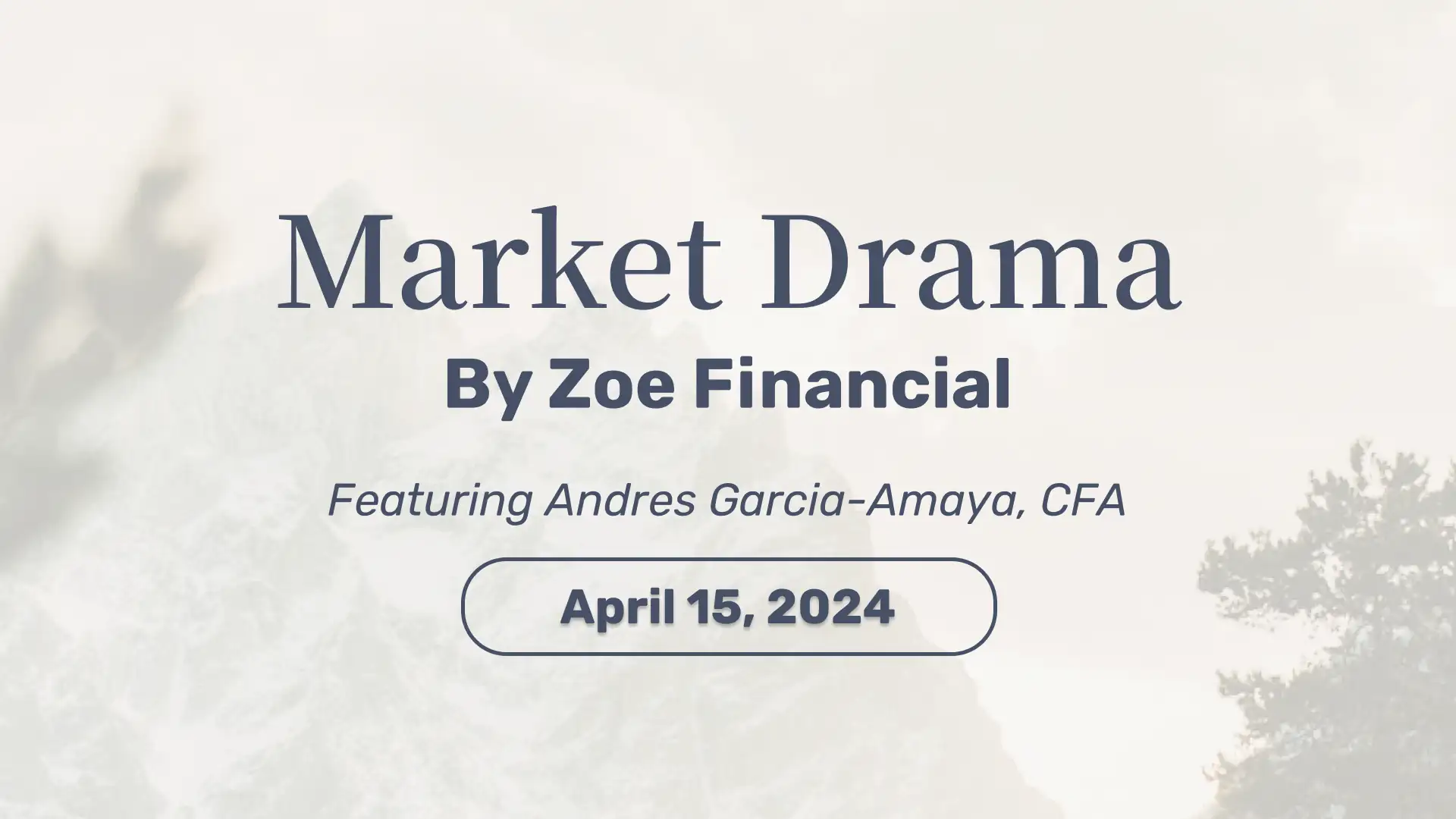

Market Drama
Apr 15, 2024 -

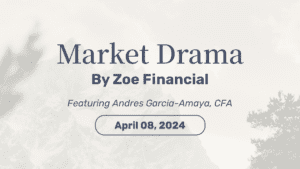

Market Drama
Apr 8, 2024 -


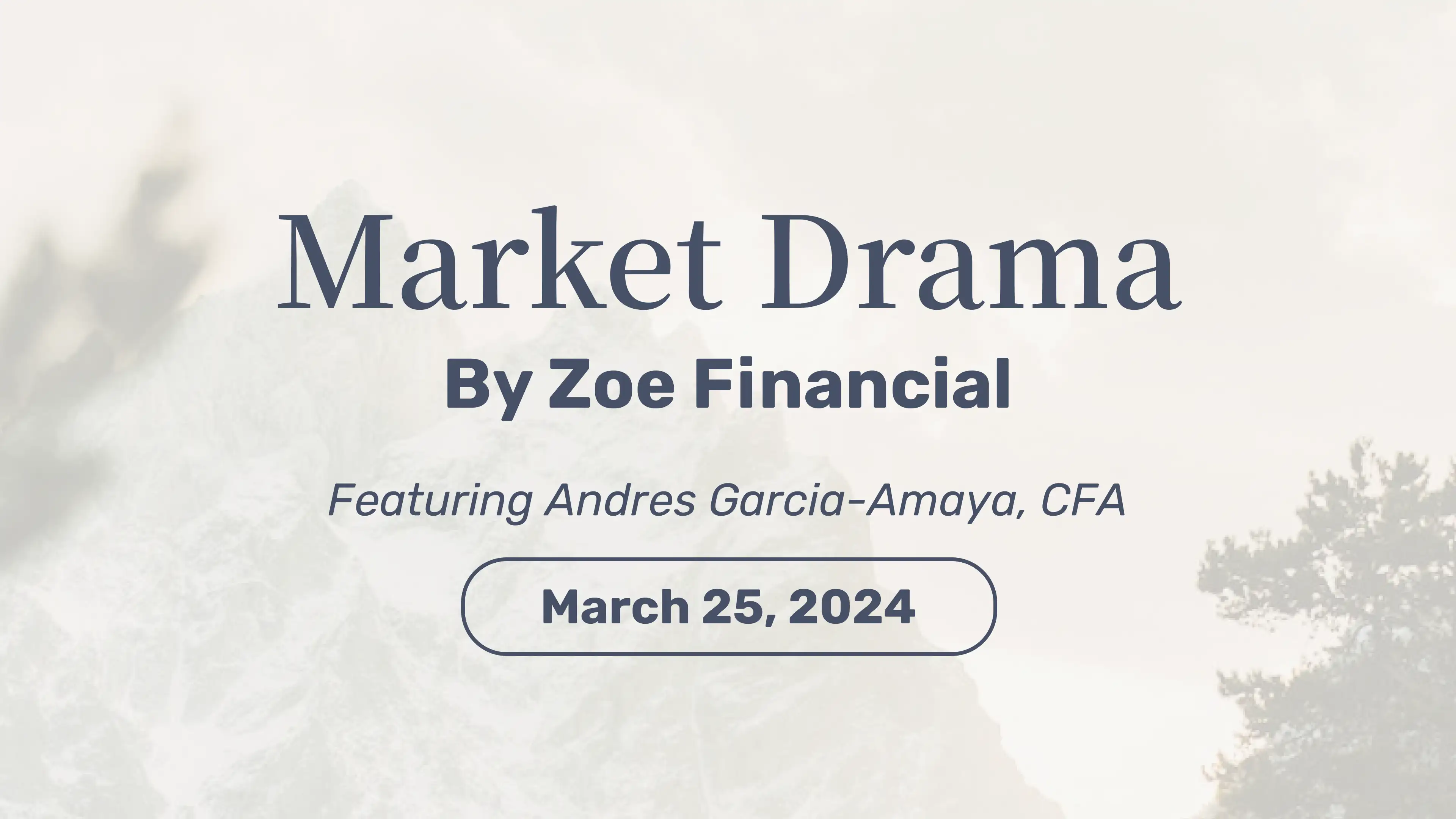

Market Drama
Apr 5, 2024 -




Market Drama
Mar 25, 2024 -

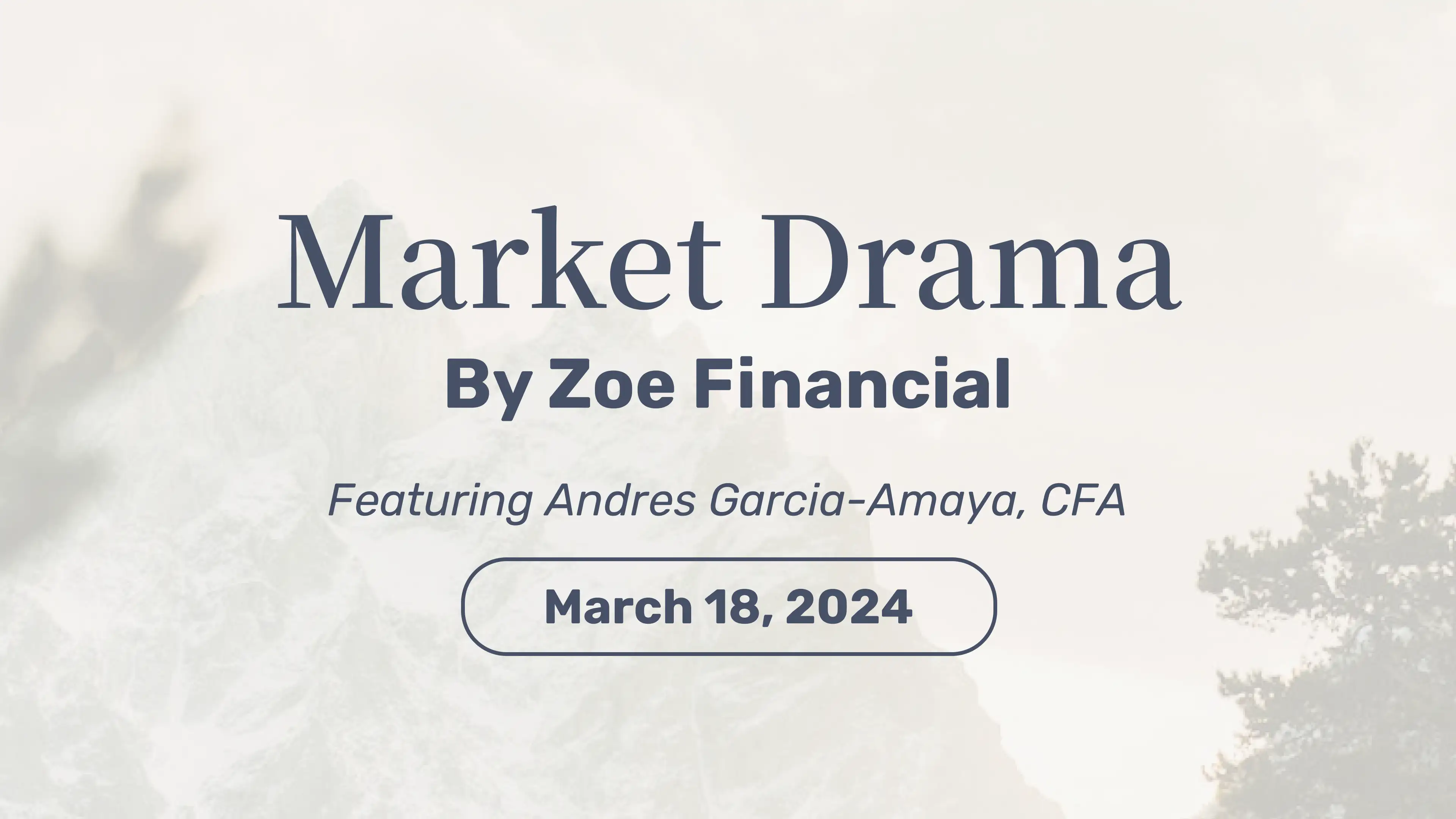

Market Drama
Mar 18, 2024 -

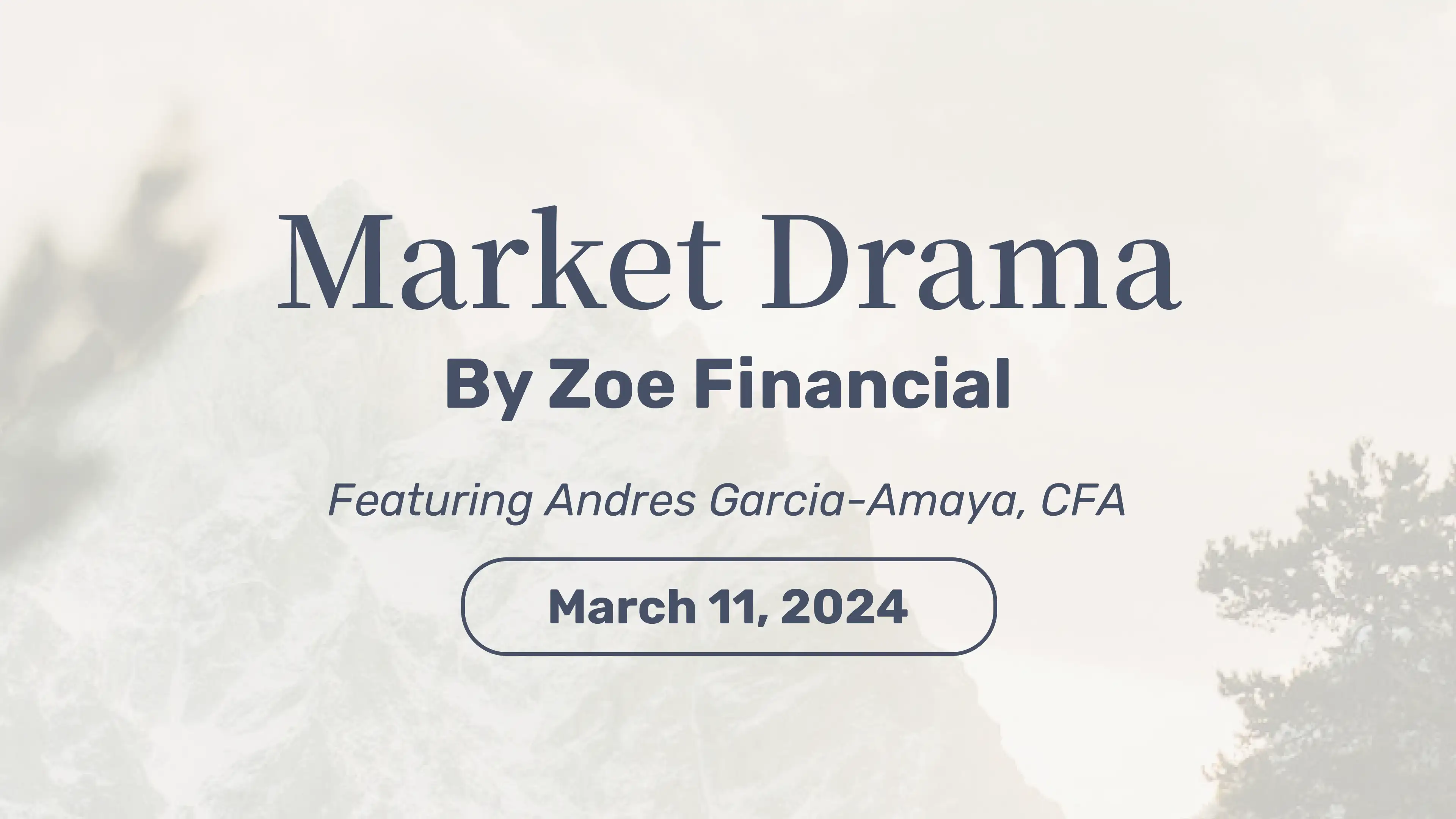

Market Drama
Mar 11, 2024 -

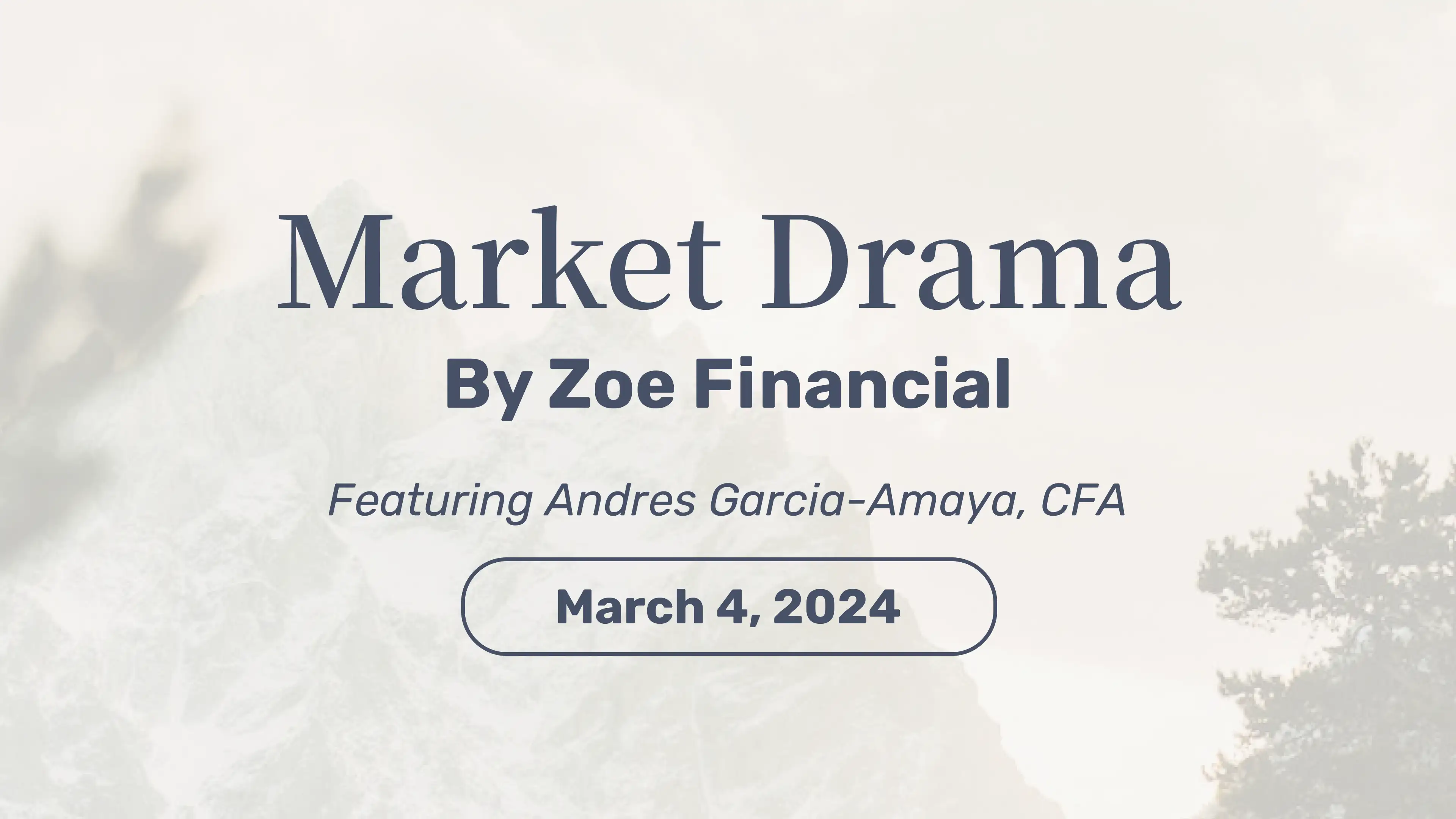

Market Drama
Mar 4, 2024 -

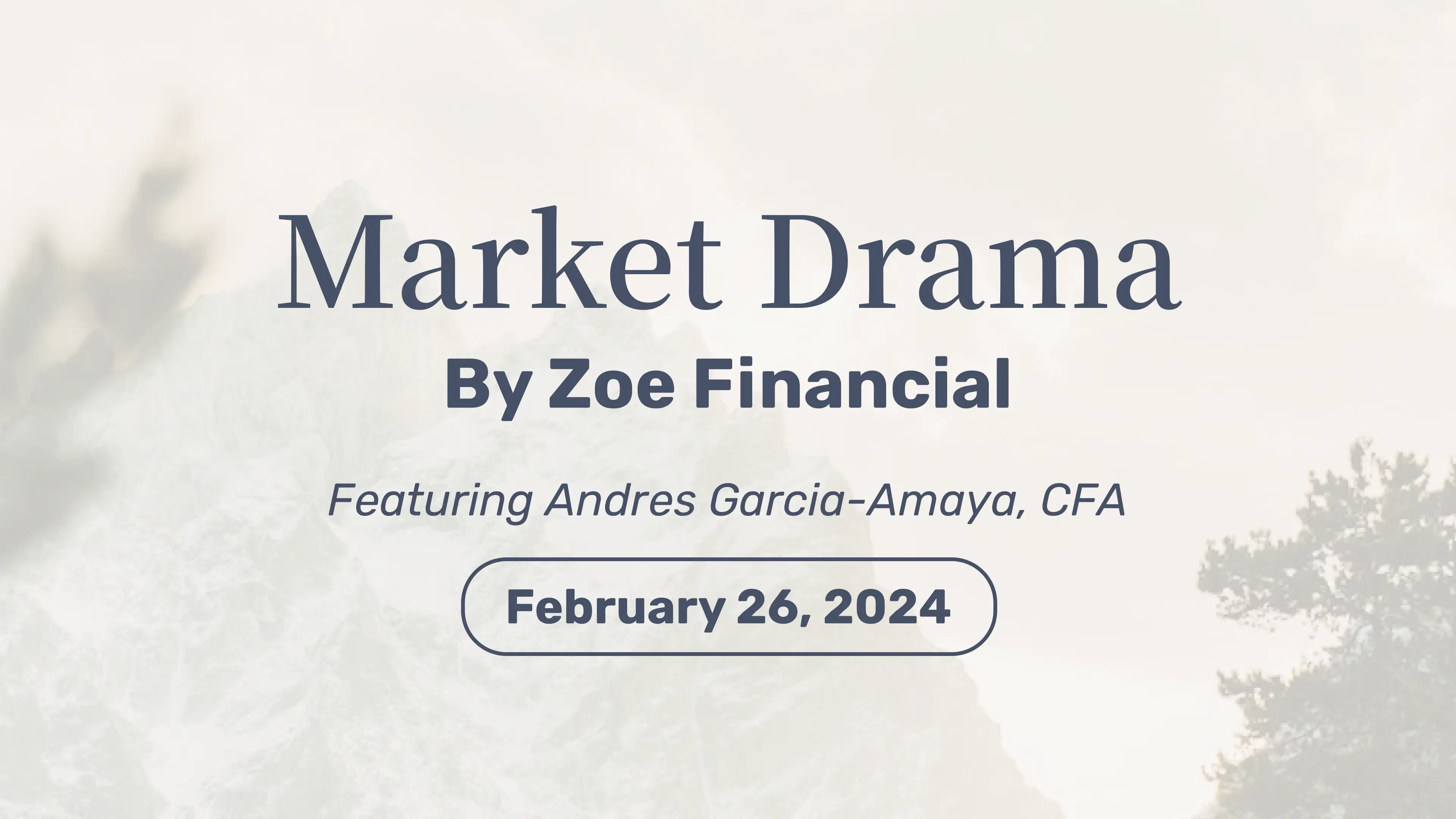

Market Drama
Feb 26, 2024 -


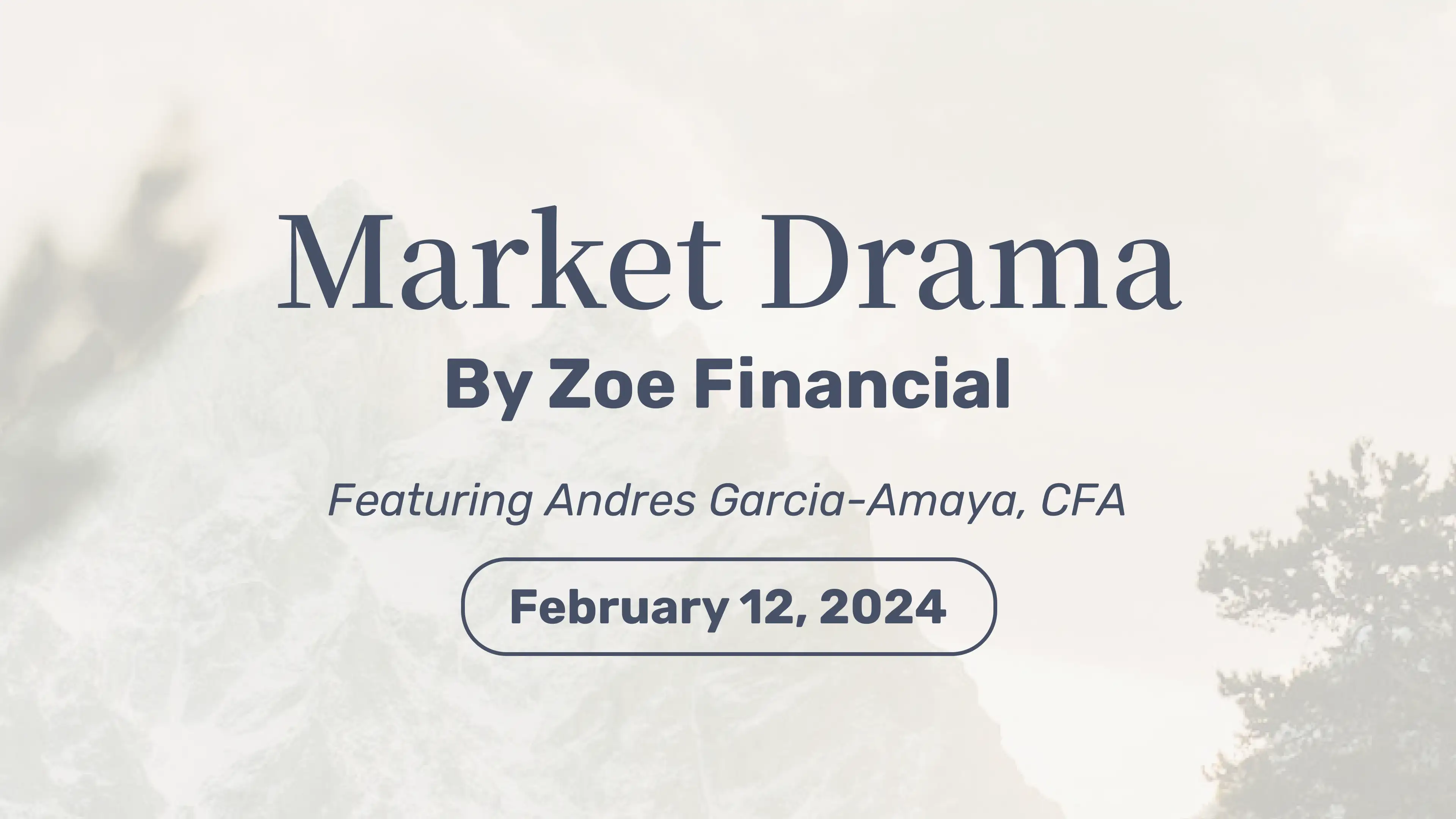

Market Drama
Feb 19, 2024 -




Market Drama
Feb 12, 2024 -

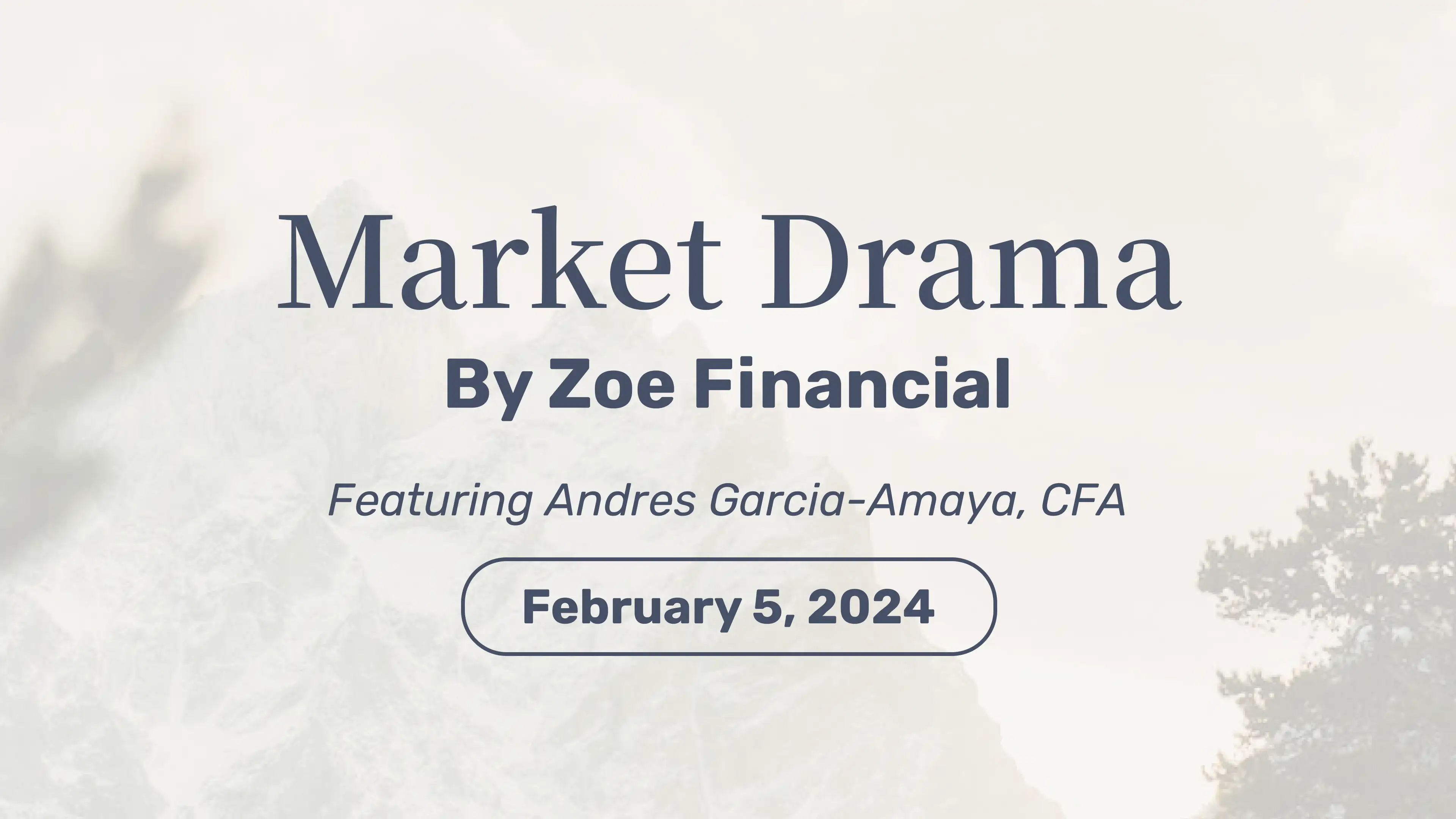

Market Drama
Feb 5, 2024 -

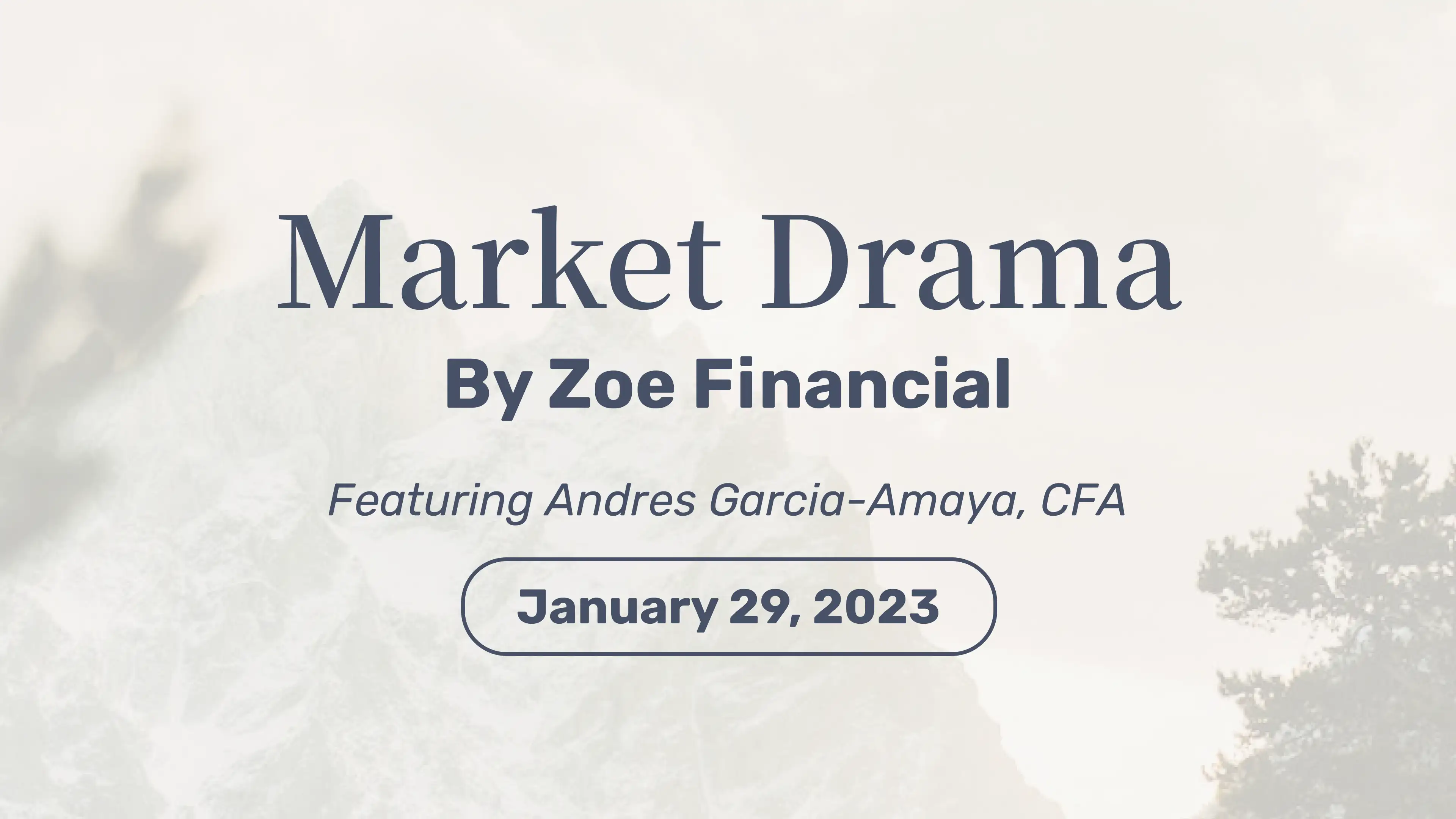

Market Drama
Jan 29, 2024